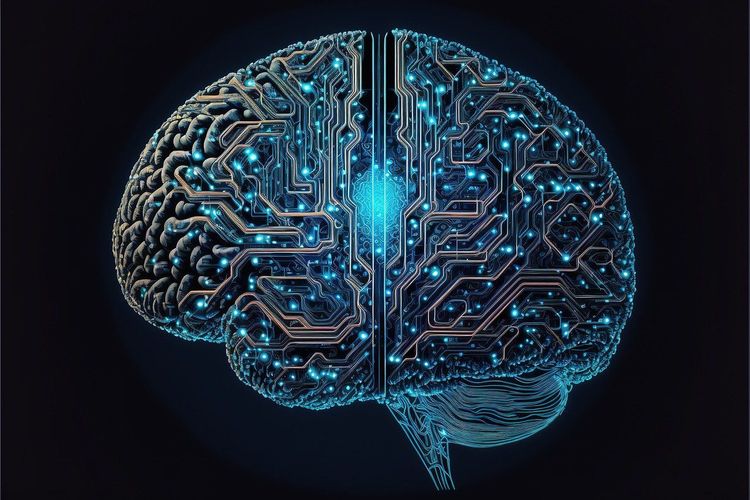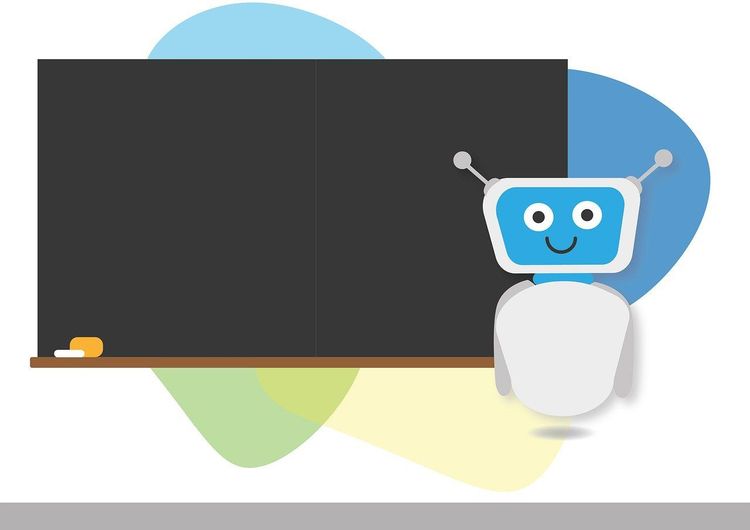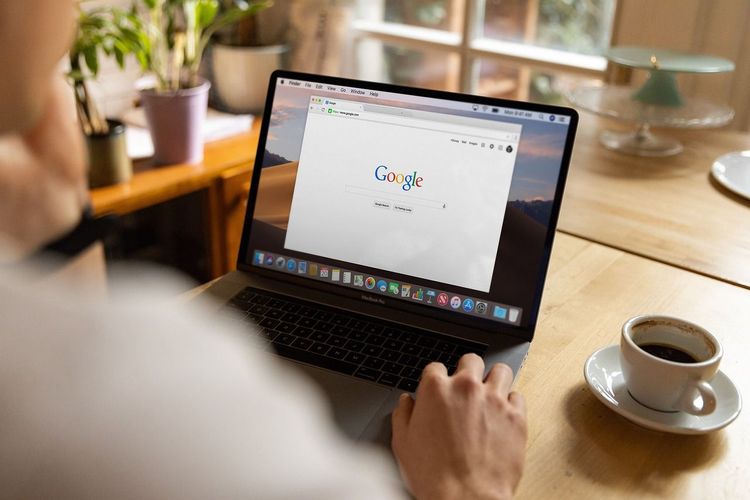Suno, the AI startup renowned for its text-to-music generation technology, has launched its highly anticipated iOS app. This development brings the power of a virtual music studio to millions of users worldwide, marking a significant leap in democratizing music production and reshaping creative expression in the digital era.
Now available on the Apple App Store, the app enables users to create original music compositions simply by inputting text prompts. Suno’s advanced AI model, trained on a diverse range of musical styles and genres, generates complete songs—including vocals, instrumentation, and arrangements—in just minutes.
“Twelve million people have already used Suno for self-expression, connection, education, and enjoyment,” stated Mikey Shulman, CEO of Suno, in the app launch announcement. “We’re thrilled to be available in your pocket whenever inspiration strikes, offering a robust set of tools for capturing those moments.”
AI Music Revolution: Transforming Creativity for All
The launch of Suno's app marks a pivotal moment in the AI-generated music landscape, coinciding with ongoing discussions about the impact of artificial intelligence on creativity, copyright, and music composition. This innovation signifies a shift from an era where music production required extensive technical skills and equipment to one where anyone with a smartphone can become a composer. By democratizing music creation through AI tools like Suno’s app, we may witness a surge of creativity, enabling countless individuals to express themselves musically.
However, this democratization also brings challenges. As entry barriers lower, there may be an influx of AI-generated content that overshadows human-created works. This situation raises critical questions about the value of human creativity in a world increasingly influenced by machine-generated art, compelling us to rethink our definitions of musical talent and originality.
Copyright Controversy: Legal Battles Ahead
Suno's growth is accompanied by significant legal challenges. The company, along with fellow AI music generator Udio, faces a lawsuit from major record labels, including Universal Music Group, Sony Music Entertainment, and Warner Records. Filed on June 24, the lawsuit alleges copyright infringement in Suno's AI model training and seeks damages of up to $150,000 per infringed work.
The Recording Industry Association of America (RIAA) claims that Suno’s AI was trained on copyrighted music without authorization, allowing it to generate songs that closely imitate existing artists. In response, Suno has denied these allegations, with CEO Shulman asserting, “Our technology is crafted to generate entirely new outputs, not to replicate pre-existing material.” The company argues that its use of musical data for AI training qualifies as fair use.
The outcome of this lawsuit could have profound implications for the AI music sector, potentially establishing precedents for how AI companies can train their models and defining fair use within the context of machine learning. Depending on the ruling, this case could either pave the way for further AI-generated content or impose restrictions on technological advancements.
Future Soundscapes: The Role of AI in Music Creation
Despite the legal hurdles, the launch of Suno’s iOS app signals strong confidence in its technology and business model. The introduction of a mobile platform promises to significantly broaden Suno’s user base and revolutionize music creation.
The technology’s applications are expansive, potentially giving rise to new collaborative composition forms that blend human creativity with AI assistance. Real-time music generation for games and videos could become standard, offering dynamic soundtracks that adapt to user interactions. We might also see personalized AI DJs curating unique soundtracks tailored to individual moods and activities.
As AI technology progresses, the boundaries between human and machine-generated music may blur. This evolution invites essential discussions about the essence of creativity, the significance of human artistry, and the future of the music industry. Will AI-generated music reach a point where it is indistinguishable from human compositions? If so, how will this reshape our relationship with music and creative expression?
For now, Suno’s iOS app represents a noteworthy step in making AI-generated music accessible to a broader audience. As users explore its functionalities, the music industry will keenly observe how this technology influences the future soundscape. Whether this heralds a new era of creative freedom or challenges the very core of musical artistry remains uncertain. One thing is clear: the melody of the future will be woven from the talents of both human creators and artificial intelligence.







